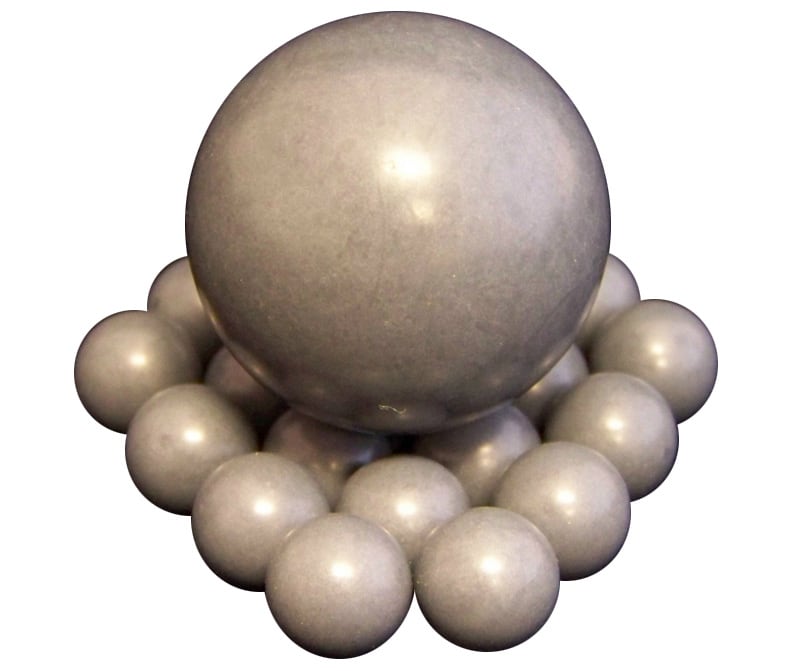Polyvinyl chloride is a widely used and inexpensive thermoplastic polymer. In rigid form it is easily worked or machined and has good chemical and biological resistance. It is relatively hard and can be polished to a shine. The most common application for rigid PVC would be pipes for municipal and industrial applications. It can also be made flexible with the addition of plasticizers the most common being phthalates. Flexible PVC, commonly known as Vinyl, remains cost effective and has good impact and abrasion resistance. Common uses for flexible PVC include: car interiors, wire insulation, and flooring products. Sizes and properties listed below are for rigid grade PVC.
Standard Sizes:
- 3/16″
- 1/4″
- 1/2″
- 11/16″
- 3/4″
- 1″
- 1-1/8″
- 1-1/4″
- 1-1/2″
- 1-3/4″,
- 2-1/4″
- Specific Gravity
- 1.41 g/cc
- Heat Deflection Temperature
- 176 F / 80 C
- Hardness, Rockwell
- 115
- Vicat Softening Point
- 145 F – 196 F
- Tensile Strength
- 7500 psi
- Water Absorption
- 24 hr 0%
- Flexural Strength
- 12,800 psi
- Dielectric Constant
- 3.2
- Melting Point
- 327 F / 164 C
- Flammability
- UL94 HB – 5VA
- Max Operating Temperature
- 140 F / 160 C


